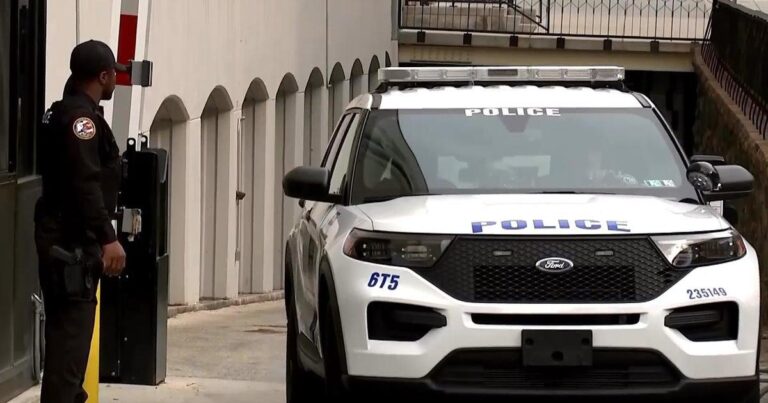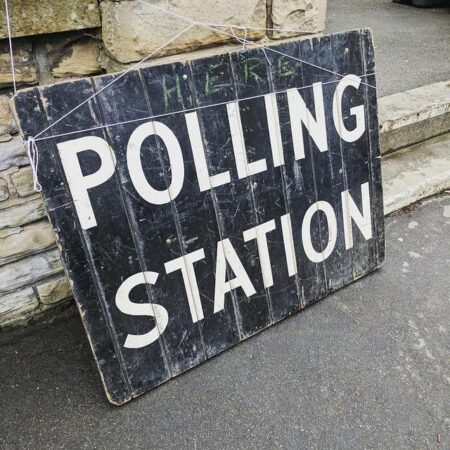Starting next week, the Philadelphia Police Department will implement a new policy refraining from arresting children for certain low-level offenses, marking a significant shift in the city’s approach to juvenile justice. This move aims to reduce the negative impacts of criminal records on youth and promote alternative interventions. Here is what residents need to know about the changes, the reasoning behind them, and how they are expected to affect the community.
Philadelphia Police Shift Approach to Low-Level Juvenile Offenses
Starting next week, Philadelphia law enforcement will implement a new policy that aims to reduce the number of arrests for low-level juvenile offenses. Instead of immediate arrest, officers will now focus on alternative interventions such as community referrals and family engagement. This shift is designed to prioritize restorative practices over punitive measures, aiming to address underlying issues and prevent the escalation of criminal behavior among youth. Key offenses impacted by this change include minor theft, trespassing, and certain nonviolent property crimes.
This approach aligns with broader efforts to reform juvenile justice practices and reduce the negative impacts of early criminal records on young individuals. The police department highlights several benefits of the new strategy:
- Decreased disruption to youths’ education and family life.
- Increased access to support services and counseling programs.
- Enhanced collaboration with community organizations and schools.
| Offense Type | Previous Protocol | New Protocol |
|---|---|---|
| Minor Theft | Arrest and processing | Referral to community program |
| Trespassing | Arrest | Warning and family notification |
| Disorderly Conduct | Arrest | Mediation and counseling |
Impact on Community Relations and Youth Rehabilitation Efforts
By steering away from arresting kids for certain minor infractions, Philadelphia aims to rebuild trust between law enforcement and local neighborhoods that have often felt targeted or misunderstood. Community leaders and families have voiced hope that this shift will foster open dialogue, encourage cooperation, and create a safer environment where youth feel supported rather than criminalized. Evidence from similar initiatives in other cities reveals how such approaches can lower tensions and empower residents to participate more actively in crime prevention.
Complementing this new policy, the city is investing more resources in youth rehabilitation programs designed to address underlying challenges such as poverty, education gaps, and mental health. These initiatives include:
- Mentorship programs that connect eligible youth with trained counselors.
- Skills training workshops tailored to help teens develop vocational abilities.
- Community service opportunities aimed at fostering a sense of responsibility and belonging.
| Program | Focus Area | Expected Outcome |
|---|---|---|
| Youth Mentorship | Guidance & Support | Reduced recidivism |
| Vocational Training | Job Readiness | Improved employment rates |
| Community Service | Civic Engagement | Stronger community ties |
Guidelines for Parents and Guardians on Navigating the New Policy
Parents and guardians should familiarize themselves with the changes in law enforcement practices that aim to reduce the criminalization of youth for minor offenses. Under this new policy, Philadelphia police will no longer arrest children for certain low-level crimes, such as truancy, loitering, and some petty thefts. Instead, officers are encouraged to connect young individuals with community resources and support services, emphasizing rehabilitation over punishment. This shift highlights the importance of parents actively engaging with their children about responsible behavior while also understanding the alternative avenues available to help youths in trouble.
Key steps for families to consider include:
- Stay informed about what qualifies as a low-level crime under the new policy to guide conversations at home.
- Build relationships with local community organizations that provide youth support and mentoring programs.
- Encourage open communication with your children to recognize early signs of trouble or peer pressure.
- Seek out school and counseling resources when behavioral concerns arise, rather than relying on law enforcement intervention.
| Offense Type | Typical Police Response Pre-Policy | New Approach |
|---|---|---|
| Truancy | Arrest and citation | Referral to school support services |
| Loitering | Detainment and possible arrest | Community engagement and youth programs |
| Petty Theft | Arrest and processing | Mediation and counseling options |
Expert Recommendations for Supporting At-Risk Youth in Philadelphia
Experts emphasize a multi-faceted approach to effectively support vulnerable youth who may otherwise face criminalization for minor offenses. Central to this strategy is increased investment in community-based programs that provide mentorship, mental health services, and educational support. These initiatives are designed not only to divert young people from the justice system but also to address underlying issues such as poverty, trauma, and lack of access to resources.
Key recommendations from specialists include:
- Enhanced outreach efforts to connect at-risk youth with positive role models and safe spaces.
- Collaborative partnerships between schools, social services, and law enforcement to create a supportive network.
- Trauma-informed care practices to help youths heal and build resilience.
- Accessible job training and educational programs tailored to empower young people and provide pathways to stability.
| Program Type | Primary Benefit |
|---|---|
| Mentorship | Guidance and social support |
| Mental Health Services | Healing trauma and preventing relapse |
| Educational Support | Improving academic achievement |
| Job Training | Building career pathways |
Closing Remarks
As Philadelphia implements this new policy, authorities and community members alike will be closely watching its impact on youth justice and public safety. By shifting away from arrests for low-level offenses among minors, the city aims to prioritize intervention and support over punitive measures. The coming weeks will be critical in assessing how this approach affects both young people and the broader Philadelphia community. CBS News will continue to follow developments and provide updates on this significant change in juvenile justice practices.








